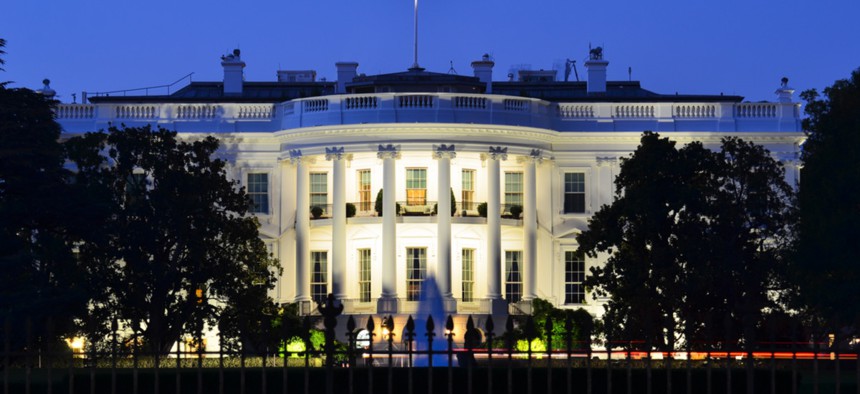White House Releases Final Tech Modernization Plan

Orhan Cam/Shutterstock.com
The far-reaching plan pushes agencies to adopt cloud and shared services.
A group of technology advisers to the White House has finalized an ambitious plan to modernize the federal government by promoting commercial cloud services and reducing duplicative investments.
The plan, released Wednesday, is an update to a draft released in August and incorporates public comments, including many from industry pushing for the federal buying process to be simplified, administration officials said in a call with reporters Wednesday.
The American Technology Council, a convocation of business leaders overseen by Office of American Innovation member and White House Strategic Initiatives Director Chris Liddell, was tasked by the president with producing the modernization plan for the heads of the Homeland Security Department, the Office of Management and Budget, and the General Services Administration.
The plan directs OMB to review policy related to IT modernization, cloud adoption, and shared services, and to assess “rapid policy updates” that could help agencies modernize faster, the report noted. Policy updates may require further OMB guidance, the report noted.
Delivering the final report is a “key piece” of IT modernization and is designed to emphasize shared services and cybersecurity investments, Liddell said in the call with reporters. The plan’s action steps are slated to begin January 2018.
The plan specifically directs agencies to “improve contract vehicles to enable agencies to acquire commercial cloud products that meet government standards,” and to use “cloud email and collaboration suites that leverage the government's buying power.”
It also directs the Commerce Department’s National Institute of Standards and Technology to give OMB a plan for creating a “risk management culture” that prioritizes their most valuable systems but also allows “the deployment of low-impact systems in a less burdensome and less costly manner."
OMB would also work with DHS, GSA and other groups to write a “playbook” for protecting “high-risk, high-value assets.”
NEXT STORY: The MGT Act is law. Now what?





